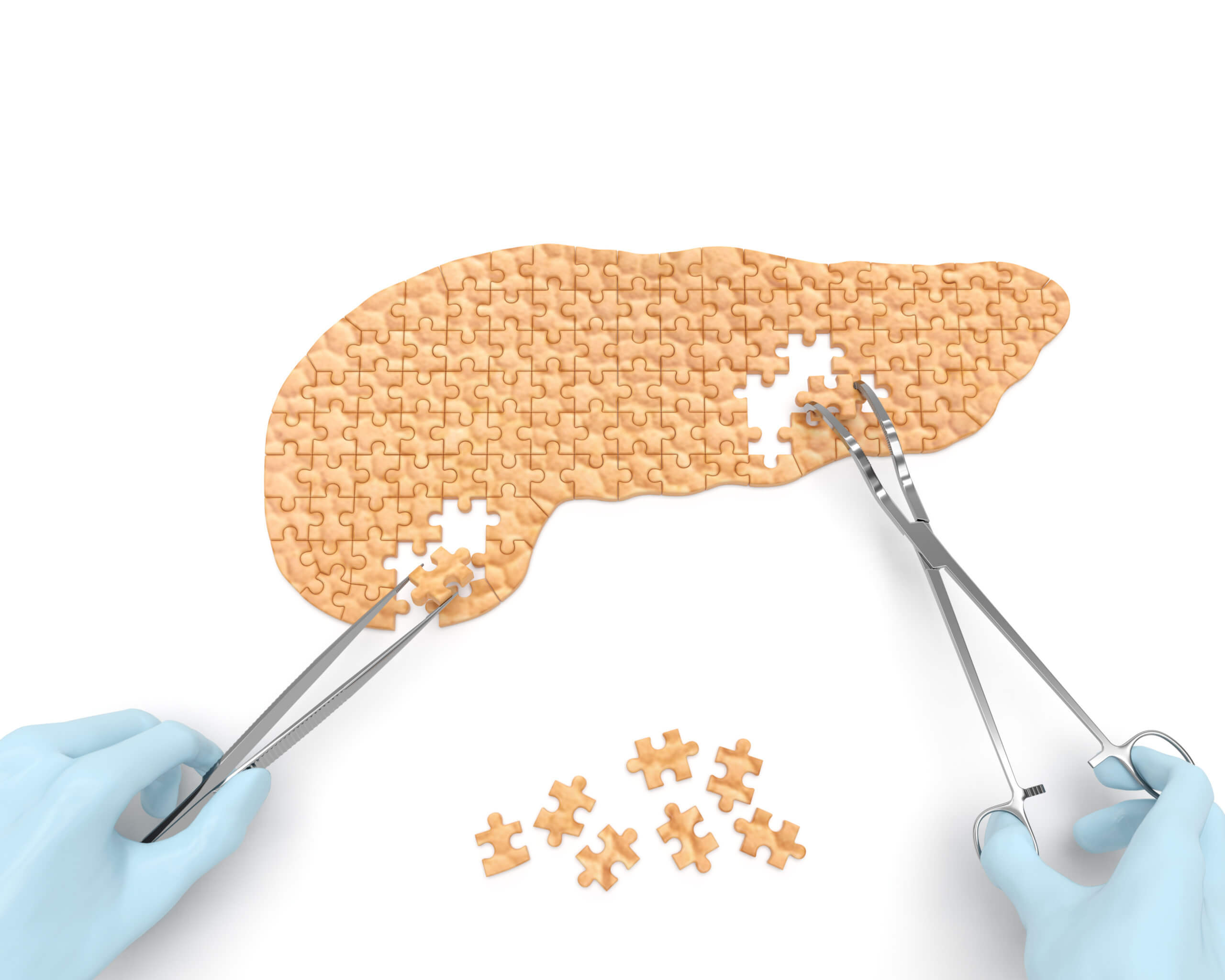A new diagnostic technique for pancreatic cancer may soon involve a sample of your gut bacteria. New research suggests specific gut bacteria could help identify pancreatic cancer, regardless of the stage of the disease.
Pancreatic cancer is the 12th most common cancer worldwide, but scientists predict it will become more common in the coming decades. Its most common form is also the one with a poor prognosis. Pancreatic ductal adenocarcinoma is seen in 1 in 20 people diagnosed with pancreatic cancer with those affected surviving 5 or more years.
The reason for the poor outlook is that pancreatic ductal adenocarcinoma is detected too late. By the time of diagnosis, the disease is usually in its advanced stages, where there are little to no treatment options available.
The current method for diagnosing pancreatic cancer is by collecting scans, tissue specimens, urine, and blood samples. But there is a need for a less invasive method that could detect an early stage of the disease.
The idea to look at the gut microbiome is because prior research has connected gut microbes with the development and progression of cancer.
The authors studied 100 spit and 212 stool samples as well as pancreatic tissue from 57 Spanish adults newly diagnosed with the ductal form and before treatment. Twenty-five people had early-stage disease and 32 had advanced disease. The control group involved healthy patients of similar ages and sex as well as 29 people with chronic pancreatitis — a risk factor for pancreatic cancer.
The stool samples containing information on gut microbes were more helpful than saliva samples containing microbes from the oral microbiome. Results showed that Methanobrevibacter smithii, Fusobacterium nucleatum, Alloscardovia omnicolens, Veillonella atypica, and Bacteroides finegoldii were in high amounts in stool samples of patients with cancer. Meanwhile, the stool samples of patients with cancer had a large reduction in Faecalibacterium prausnitzii, Bacteroides coprocola, Bifidobacterium bifidum, or Romboutsia timonensis.
The microbial profile created identified patients with the disease no matter how far the disease progressed. The findings suggest the composition of the microbiome could help with detecting early-stage disease.
The study is available in the journal Gut.
